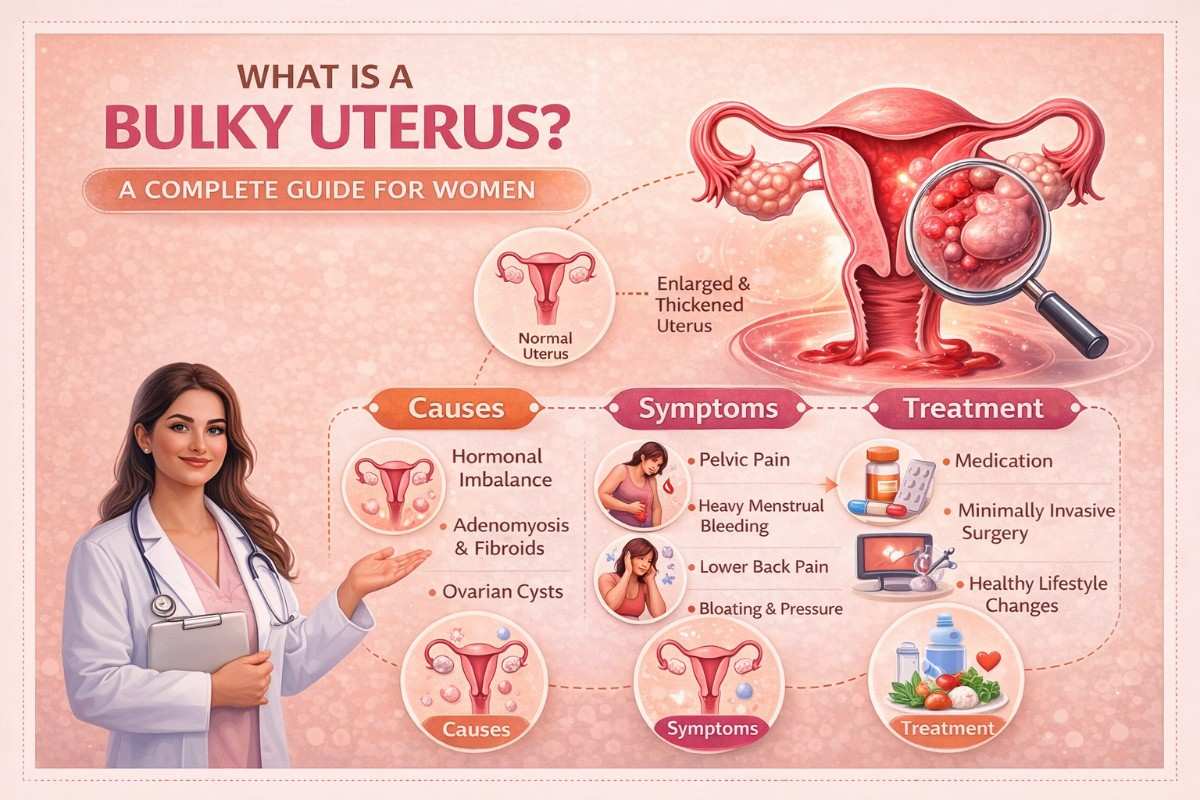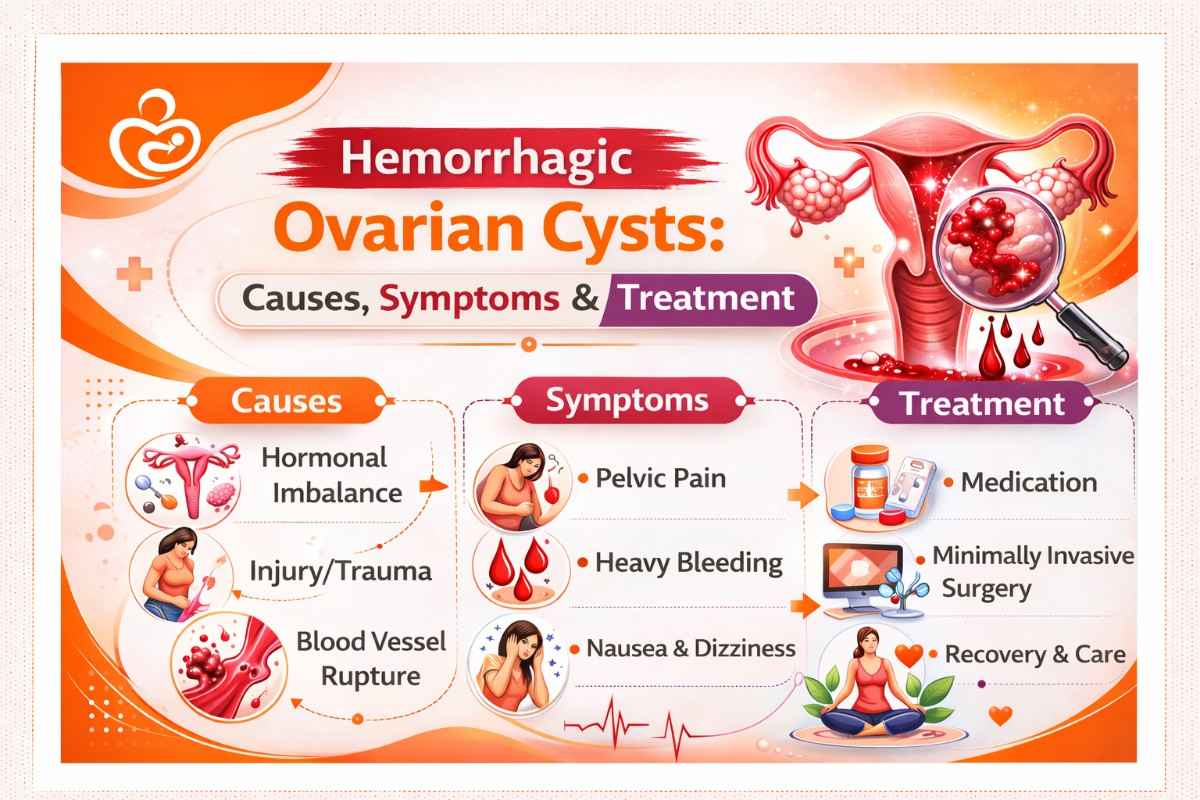Congratulations, you have undergone IVF and reached one of the most exciting milestones: embryo transfer! This is a moment filled with anticipation, hope and a little nervousness. However, often amid the process, couples wonder – what to do after embryo transfer to increase success? Now that most of the process has passed from your hands to a qualified embryologist, there are some decisions you will need to make in the next few days that can help support the embryo in having the best opportunity to implant.
Think of the next few days as nurturing a tiny seed you have planted with your body as the soil and the lifestyle habits as the care you are providing. Everything you do contributes to a healthy pregnancy, from the amount of rest you get and what you eat to how well you manage your stress. The journey doesn’t end with the embryo transfer; it really begins with the waiting period. One common anxiety for many couples is how to improve IVF implantation chances. There are ways to minimize anxiety, feel more in control, and increase the chances of a successful pregnancy.
Key Symptoms to Expect During Post-Embryo Transfer
A woman’s body will respond physically in several ways upon transfer as it prepares for implantation. The most important thing to remember is to remain positive and have faith in the process. Practising patience, managing stress and prioritizing self-care are a few embryo transfer success tips. Let us understand the day-by-day symptoms to expect.
Day 1-3:
- Mild cramping or bloating may occur
- Light spotting due to catheter insertion.
- You may feel fatigue as your body adjusts to hormonal changes.
Day 4-6:
- The embryo may attach to the uterus, causing mild cramps.
- Individuals may suffer minor spotting, often known as implantation bleeding.
- You can experience an increased body temperature due to progesterone.
Day 7-10:
- You can feel breast tenderness and sensitivity.
- Mood swings and mild nausea (like early pregnancy symptoms).
- Frequent urination may occur due to specific hormonal shifts.
Day 11-14:
- Pregnancy symptoms can become noticeable in this stage.
- You may experience no symptoms at all, which is a natural occurrence.
- Conduct blood pregnancy test (Beta hCG) to confirm pregnancy on day 14.
Read Also – 10 Best Foods to Increase Sperm Count Naturally in 2025
What to Do After Embryo Transfer for Greater Success? Key Incorporation Tips
The post-embryo stage is when the body requires a balance of rest, mindfulness, and nutrition to support implantation. Knowing that you are following the right post-embryo transfer care tips can help improve chances of success and keep you feeling positive during the waiting period.

1. Maintain a Healthy Diet
Are you worried about what to do after embryo transfer to increase success? Include nutrient-rich foods in your diet to provide your body with the vitamins and minerals needed to support the balance and produce essential building blocks for hormone stability, maintain a healthy uterine lining, and support embryo development.
Foods to eat after embryo transfer include:
- Eat foods that are substantial in protein, fibre, and healthy fats to nourish your body. It’s important to incorporate whole grains, nuts, leafy greens, avocados and seeds into your meals as frequently as possible.
- Include folic acid (lentils, fortified cereals, and spinach), Vitamin D (exposure to sunlight, or supplements) to contribute to reproductive health.
- Drink plenty of water, at least 8 to 10 glasses, to support circulation and the functioning of your body.
2. Track Your Stress Levels
Increased stress can disrupt hormonal balance, which is essential for implantation and early pregnancy. Minimizing stress makes sure your mind and body remain calm and receptive during this stage.
Best practices after embryo transfer include:
- Utilize types of relaxation techniques such as mindfulness meditation, prenatal yoga to deep breathing to allow your mind space to calm.
- Reach out to your nearest and dearest for support or consider sourcing an online or in-person counsellor if you need additional support.
- Incorporate light-hearted, enjoyable activities into your day like reading, light-hearted viewing and music.
3. Follow Medication Guidelines Religiously
After embryo transfer, your physician will probably prescribe medications such as progesterone inserts or hormone support. These medications are essential to support the uterine lining and assist implantation overall.
Consider the following:
- Take your prescribed medications as directed by your doctor. But do not skip doses, as it can affect the outcome.
- Contact your physician immediately for side effects, including dizziness, nausea or allergic reaction.
- Set alarms and reminders to ensure that you are taking medicines on time.
4. Maintain a Healthy Routine
Stick to a light routine, as it helps reduce stress, offers emotional stability, and supports a positive mindset during the waiting period after post-embryo transfer.
Lifestyle changes post-embryo transfer to consider:
- Concentrate on relaxation, but also engage your body. Mild stretching and light walking can help with blood circulation without applying stress to your body.
- Maintain a Consistent Sleep Schedule, as it is critical to hormone balancing and recovery.
- Use Stress Relievers: Reading, meditation, and calming help you remain in a positive mindset.
5. Know What to Expect Post-Embryo Transfer
After an embryo transfer, the wait can feel like torture—but it is best for couples not to get too stressed and to remain as educated as possible. While mild symptoms are usual, keep ca heck about unusual symptoms and ensure to report them immediately.
What to monitor for:
- Do NOT do early home pregnancy tests; there can also be misleading results
- Stay positive and don’t let the stress of the waiting period get to you.
- Follow the advice given by fertility specialists carefully.
- Please advise your healthcare provider if you experience any unusual symptoms, excessive bleeding, fever, or excessive pain.
6. Focus on Rest (But Don’t Overdo It)
Resting after the embryo transfer process is vital but maintaining balance is just as important. You want to have light movement to promote blood flow and limit stress, but extensive bed rest is unlikely to help your cause.
Embryo transfer recovery tips to follow:
- Take it easy for the first 24 hours, getting plenty of rest.
- Avoid prolonged bed rest beyond the initial recovery time.
- Engage in gentle and short walks to keep your circulation active.
- Listen to your body and stop if you feel any discomfort.
Read Also – How to Make IVF Successful the First Time: Expert Tips for Better Chances
Things to Avoid After the Embryo Transfer Phase
Small lifestyle choices can make a massive difference in post-embryo transfer success; hence, knowing what to avoid assists you in following a smooth post-transfer phase.

1. Excessive Caffeine and Alcohol
Alcohol and caffeine can negatively affect implantation and early pregnancy development. High caffeine intake can reduce blood flow to the uterus, whereas alcohol can interfere with the hormone balance. Even moderate consumption can be discouraging during a sensitive timeframe. It is ideal to switch to decaffeinated beverages and avoid alcoholic drinks until your doctor advises it is safe.
2. Inessential Medications or Supplements
A few medications and herbal remedies can interfere with implantation! Always consult your fertility specialist before taking medicines like cold remedies, painkillers or herbal supplements. Even harmless products can affect hormone levels or uterine lining receptivity.
3. Hot Baths, Saunas, or Jacuzzis
Excessive heat can negatively affect embryo implantation. Hot baths, jacuzzis or saunas can raise your core body temperature, interfering with early embryo development. Hence, you should opt for lukewarm showers instead and avoid prolonged exposure to hot environments until your doctor confirms it is safe.
4. Practising Sexual Intercourse
Light intimacy can be fine in a few cases; sexual intercourse immediately after embryo transfer is discouraged. Pelvic activity can cause uterine contractions, as it affects implantation. Follow your fertility clinic’s advice related to when it is safe to resume sexual activity.
5. Excessive Travel or Long Journeys
Long car rides, flights or travel including heavy luggage must be avoided immediately after embryo transfer. Prolonged sitting can minimize blood flow to the pelvic area, and stress from travel can interfere with the implantation procedure. If travel is unavoidable, try to move and stretch regularly, stay hydrated and follow the doctor’s guidance.
Conclusion
Staying positive and maintaining a healthy lifestyle can significantly impact your IVF journey. By implementing key practices, you can support your body during this period. If you still have concerns about what to do after embryo transfer to increase success? Remember, the key is to balance rest, hydration, nutrition and stress management to give the embryo the best chance to implant and grow effectively.
FAQs
1. What are the post embryo transfer do’s and don’ts?
Avoid complete rest, heavy lifting, junk food habits, extreme stress and follow prescribed medicines, eating a balanced diet, stress management, and more.
2. Can I exercise after embryo transfer?
Exercise recommendations after embryo transfer include light walking, deep breathing exercises, yoga, and more; however, avoid strenuous activities.
3. How soon will I notice any implantation sign?
Some women may notice mild spotting or cramping – typical signs of successful embryo implantation, aren’t always present for everyone. However, if you face intense symptoms, then contact your doctor.







